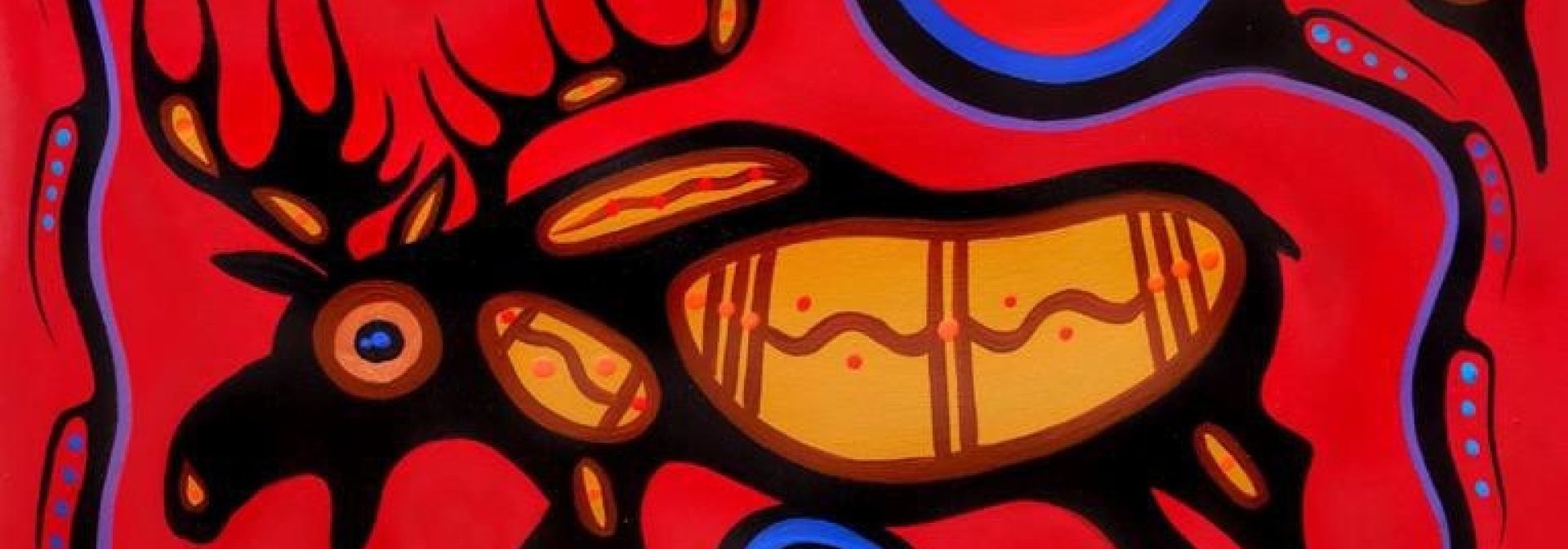KHSC Indigenous Acknowledgement


We begin by acknowledging that Kingston Health Sciences Centre is located on the ancestral lands and waters of the Anishinaabeg and Haudenosaunee.
We also serve a wider geographical area that encompasses many Indigenous communities including Tyendinaga, Katarokwi as well as communities within the Weeneebayko Area Health Authority.
We acknowledge and welcome the presence of all Indigenous Peoples, including the Métis, Inuit, and other First Nations who also make this place home. The lands we are on today are recognized in the Two Row Wampum, Dish with One Spoon Wampum Belt Covenant, Treaty 27, and the Crawford Purchase.
To acknowledge this territory is to recognize its longer history, one predating the establishment of the earliest European colonies. It is also to acknowledge this territory’s significance for the Indigenous Peoples who lived, and continue to live, upon it and whose practices and spiritualities were and are tied to the land and continue to develop.
We recognize the past and present systemic harms committed against Indigenous Peoples throughout Canada. These atrocities have resulted in continual intergenerational trauma and are enabled by racist attitudes and imperialist and colonial ideologies. They include the dispossession of Indigenous Peoples from their ancestral lands, and acts of cultural genocide by the Crown, the government, and the churches.
As we partner in care, discovery, and learning to achieve better health outcomes for our communities. KHSC is committed to actively advocating for, and acting upon, the Truth and Reconciliation Committee’s Calls to Action on Health. We commit to moving forward together in the spirit of partnership, respect, compassion, excellence, and innovation. We will do this by learning about histories, Indigenous languages, customs, traditions, and working to integrate these into the care we provide. As a colonial-based institution, we are accountable to Indigenous peoples to make the promise of Truth and Reconciliation real in our communities.
We invite you to reflect on this acknowledgement and your own accountabilities to advance the process of Reconciliation. We are grateful for the opportunity to meet here, and we thank all the generations of people who care for these lands and waters.
Welcome to Kingston Health Sciences Centre.
We have recently integrated our websites. If you are looking for information about Hotel Dieu Hospital or Kingston General Hospital, you are in the right place.
Are you a: